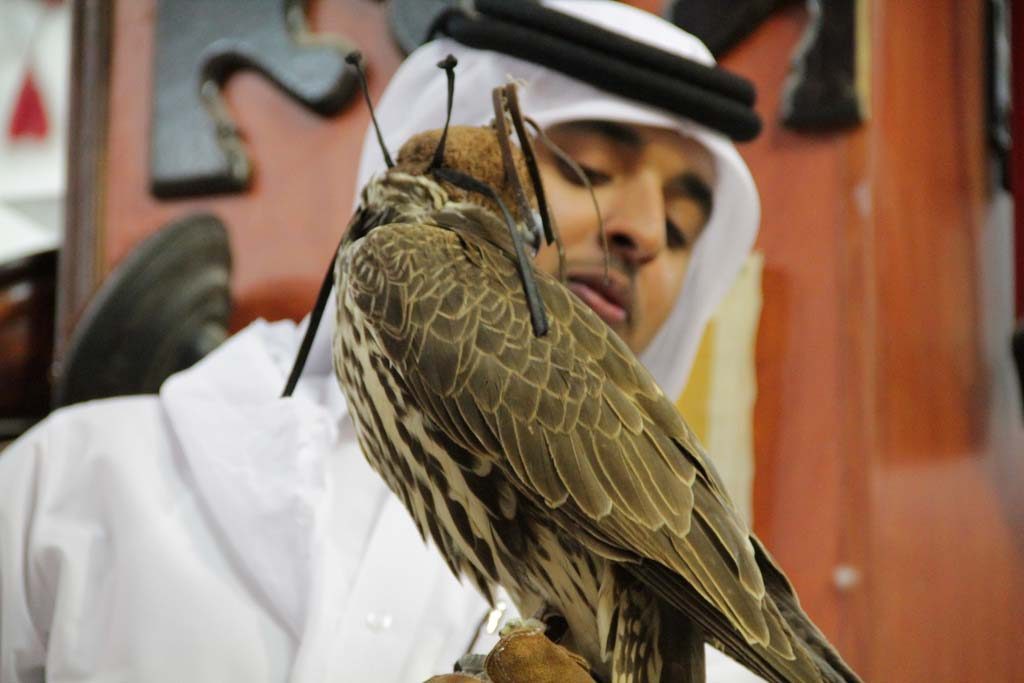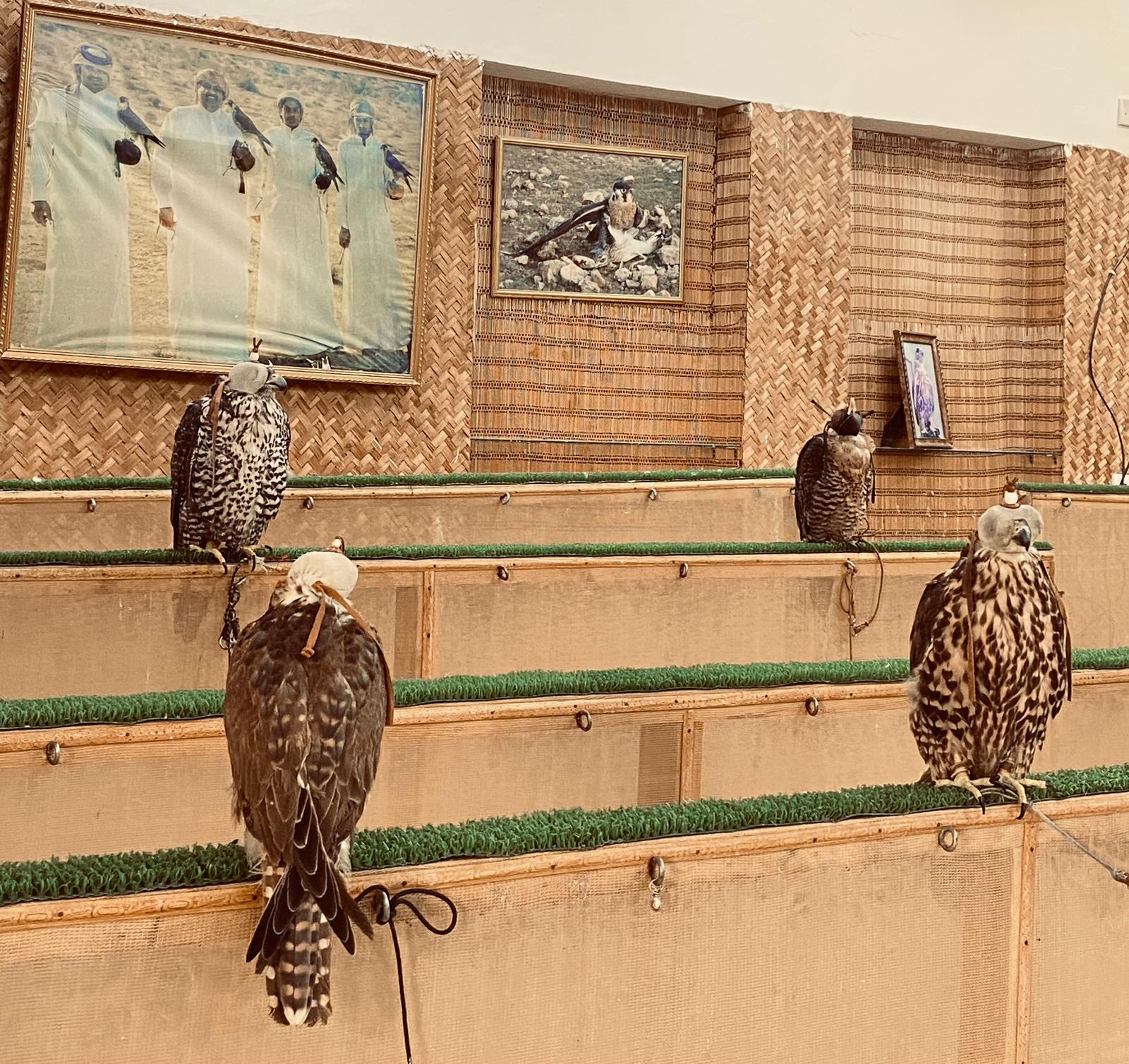
It has now become easier for falcon owners in Qatar to transport their animals across Gulf borders, following a regional agreement to grant special passports to the hunting birds.
Similar paperwork was issued in Qatar in 2004, but the service was soon stopped.
Around 5,000 passports were produced before issuances were suddenly terminated due to complications and disagreements between GCC countries, a Qatari falcon owner told Doha News.
Since then, the process to travel with falcons has been difficult and long-winded, requiring owners to obtain ministry approvals and import papers each time they took a flight.
But now, the Gulf states minus Oman have come to a mutual agreement on the travel of falcons across the region’s borders.
Application requirements
In order to apply for a passport in Qatar, falcons must be registered under CITES (the Convention on International Trade in Endangered Species of Wild Fauna and Flora), meaning the falcon must have been born on a local farm that is CITES-accredited.
Birds born in places that are not CITES-certified ineligible for a passport, even if they were born locally, falcon owners told Doha News.
CITES is an international agreement between governments that works to prevent any trade of wild animals and plants that threatens their survival. Some 180 parties currently serve under the agreement that Qatar joined in 2001.
Although CITES is a legally binding agreement, its power come from the enforcement of its member states.
For falcon owners whose birds were not born here, but purchased abroad, there are additional requirements that need to be met in order to obtain a Qatar passport for the animals.

Firstly, the bird must still come from a CITES- accredited habitat, and original CITES certificates from the bird’s place of export must be presented.
A CITES application permit must also be filled out, and owners must then wait for a Qatari CITES certification to be issued.
Finally, a passport application form is to be completed by owners. Falcons without identification rings placed around their legs will not be granted a passport, according to the Ministry of Environment.
Passport issuances take up to four working days, a representative at the ministry said.
Speaking of the steps required to attain the passport, a Qatari falcon owner told Doha News:
“It’s just unnecessary. Why is Qatar making it so difficult? It is far easier to get paperwork done for falcons in places like the UAE. It is great news that we can get passports again but Qatar really needs to start making legal processes easier as a whole.”
Falconry benefits
However, a number of falcon owners said they are pleased that the process has become easier. A Qatari owner of three falcons told Doha News:
“I’m happy. This now means that we can have bigger, regional competitions. Competitions are a big thing for us. Also, a lot of people used to come to Qatar to treat their falcons. We are known to have the best doctors. Now owners can seek better medical service and have a choice of where they would like to go. Falcons are more than just an animal. They’re like our brothers. We spend a lot of time with our falcons and love to travel with them.”
The Qatari Society of Al-Gannas, a local association dedicated to traditional Arabic hunting, holds some of Qatar’s largest falconry annual competitions.
The international festival kicks off in January and will host competitions such as hunting, speed and agility as well a beauty pageant. Contenders could win up to QR100,000.

Falcons sell for various prices, depending on breed and point of sale. In Souq Waqif’s bird market, falcons range from QR25,000 to QR70,000, but can sell for as much as QR100,000 at auction.
All competitions, except for the beauty pageant, will take place at Sealine.
Free transportation is provided from Katara to Sealine sand dunes and back. The beauty pageant will be held at Katara Hall, building 12. Competitors must register in order to compete.
Registration for the month-long festival will open on Dec. 25 for five days.
Thoughts?







